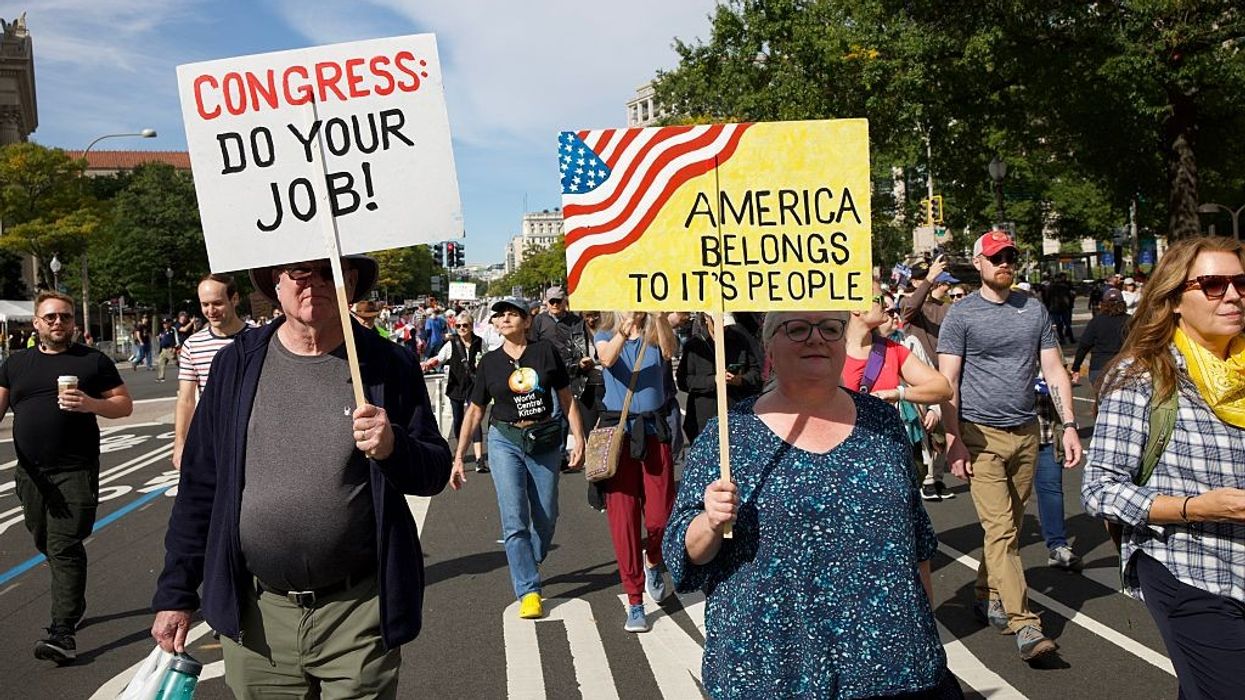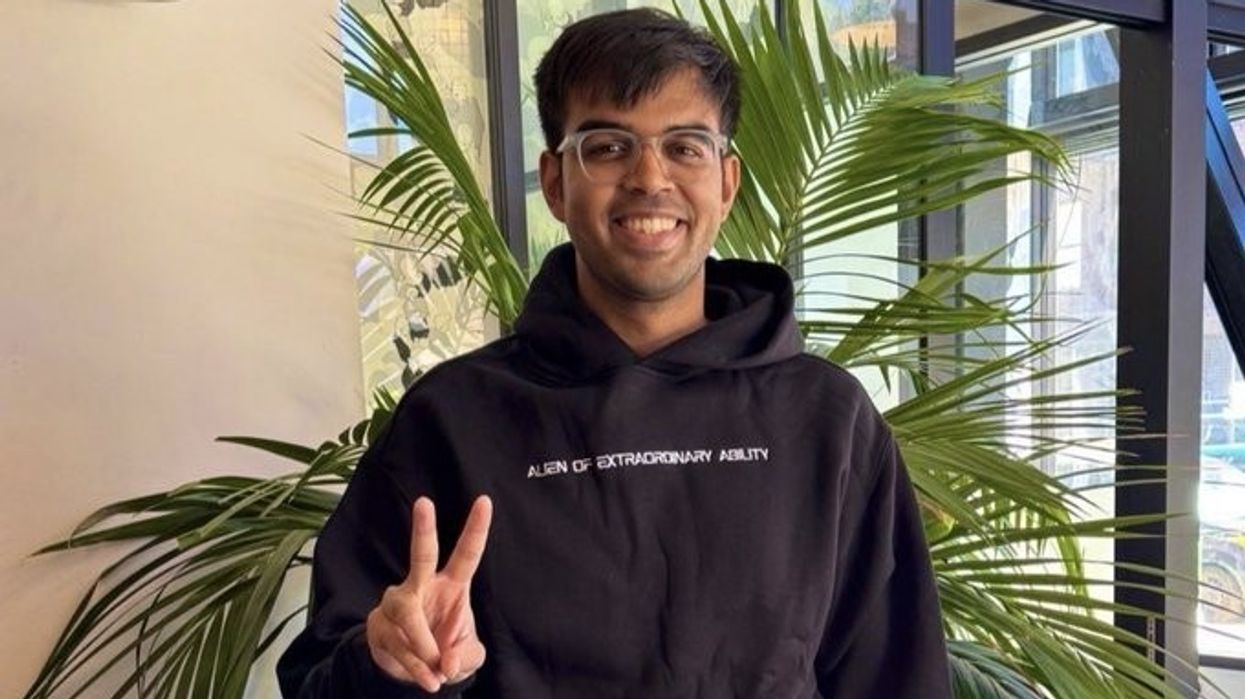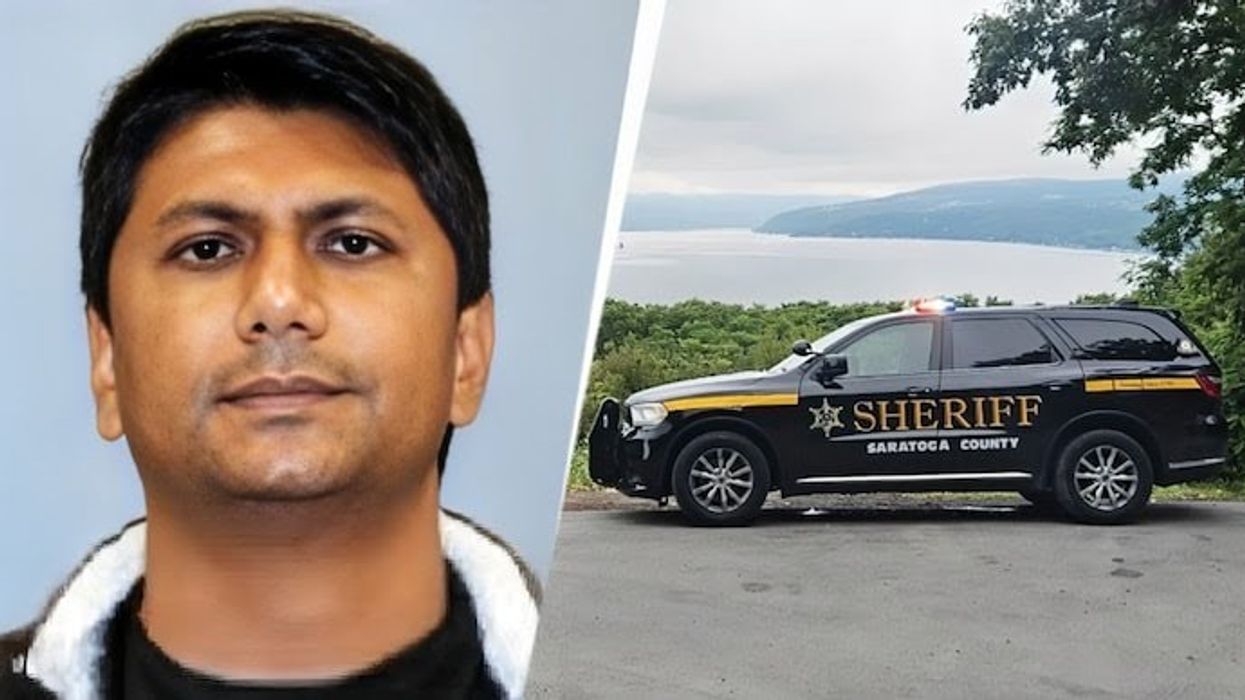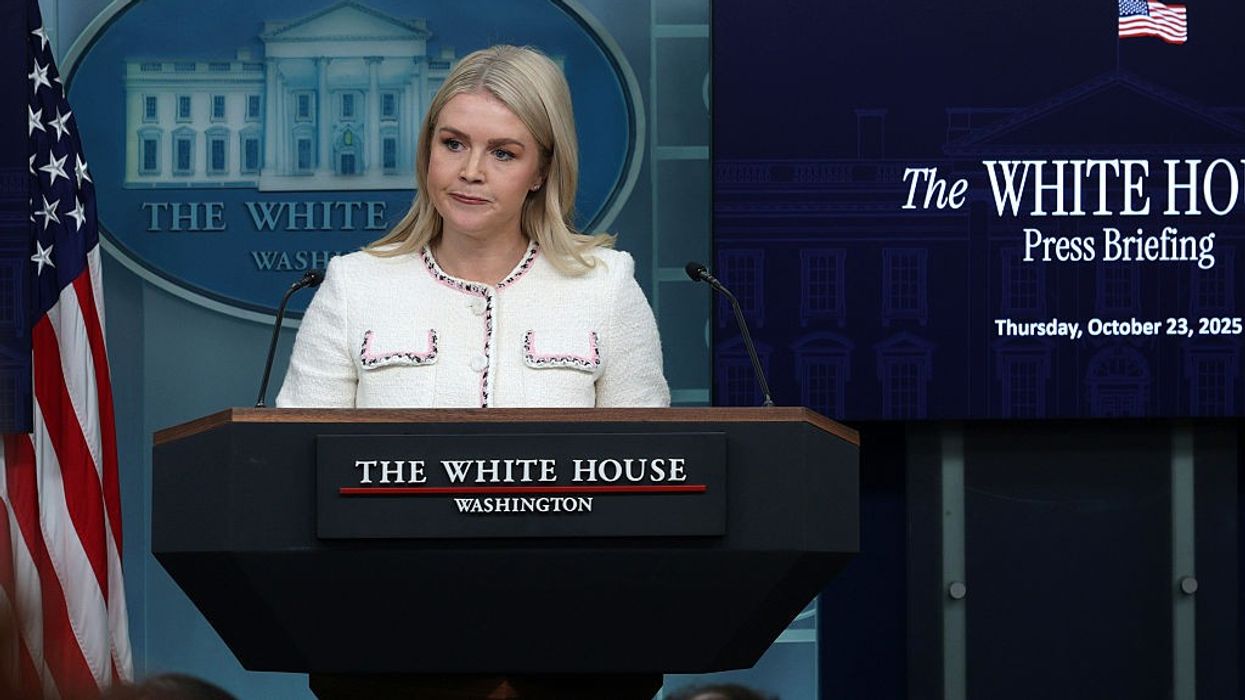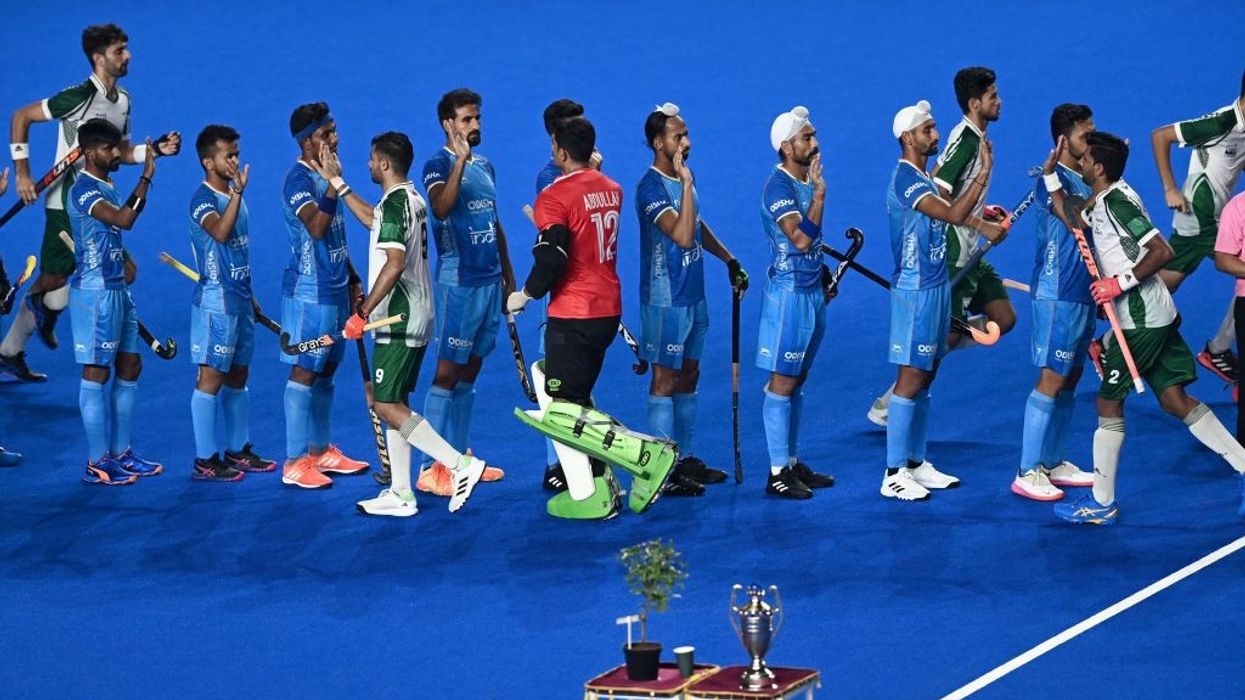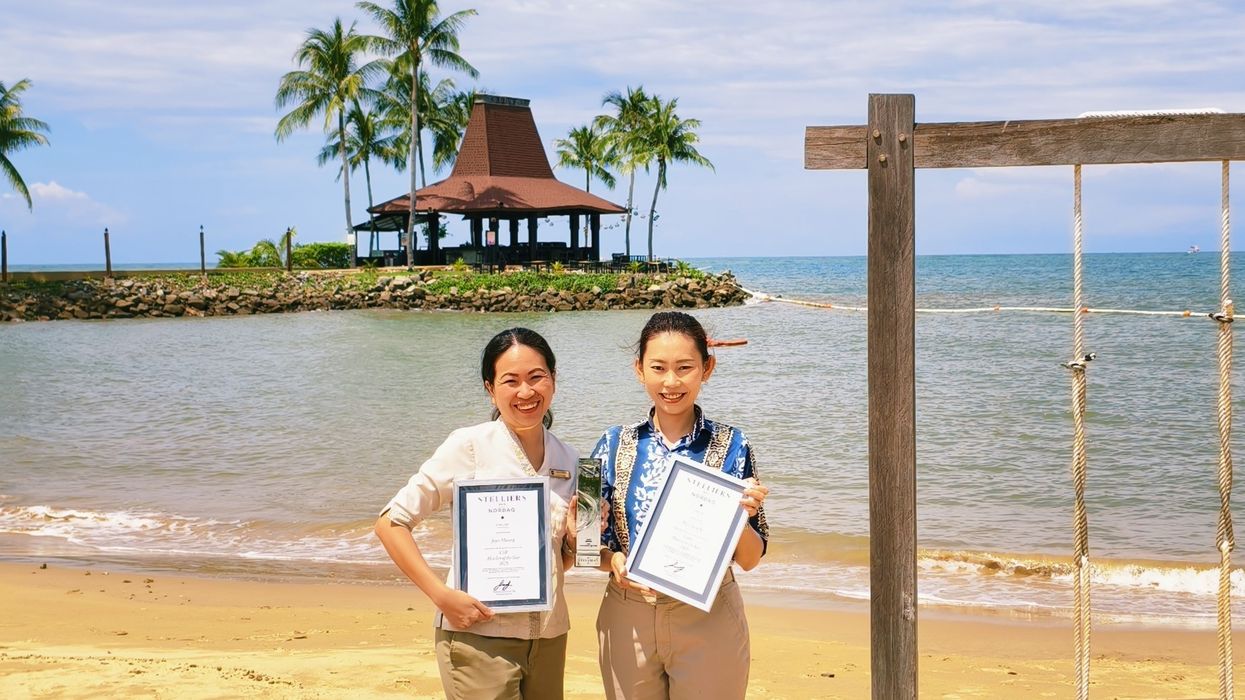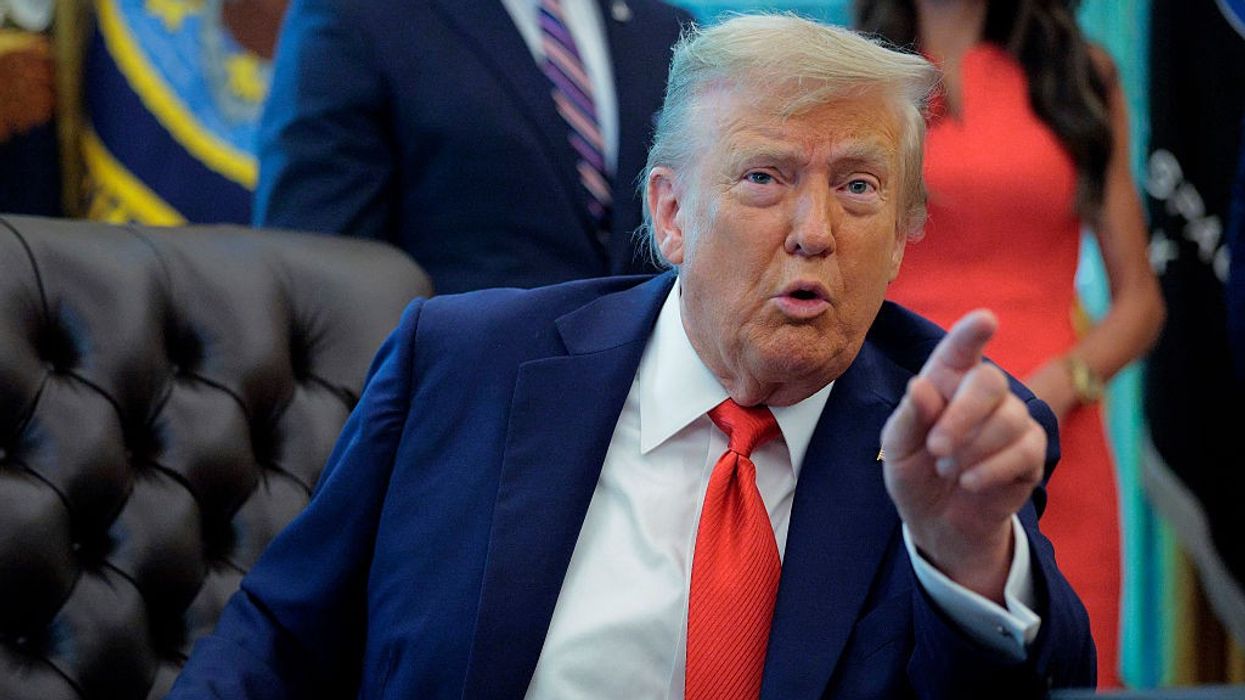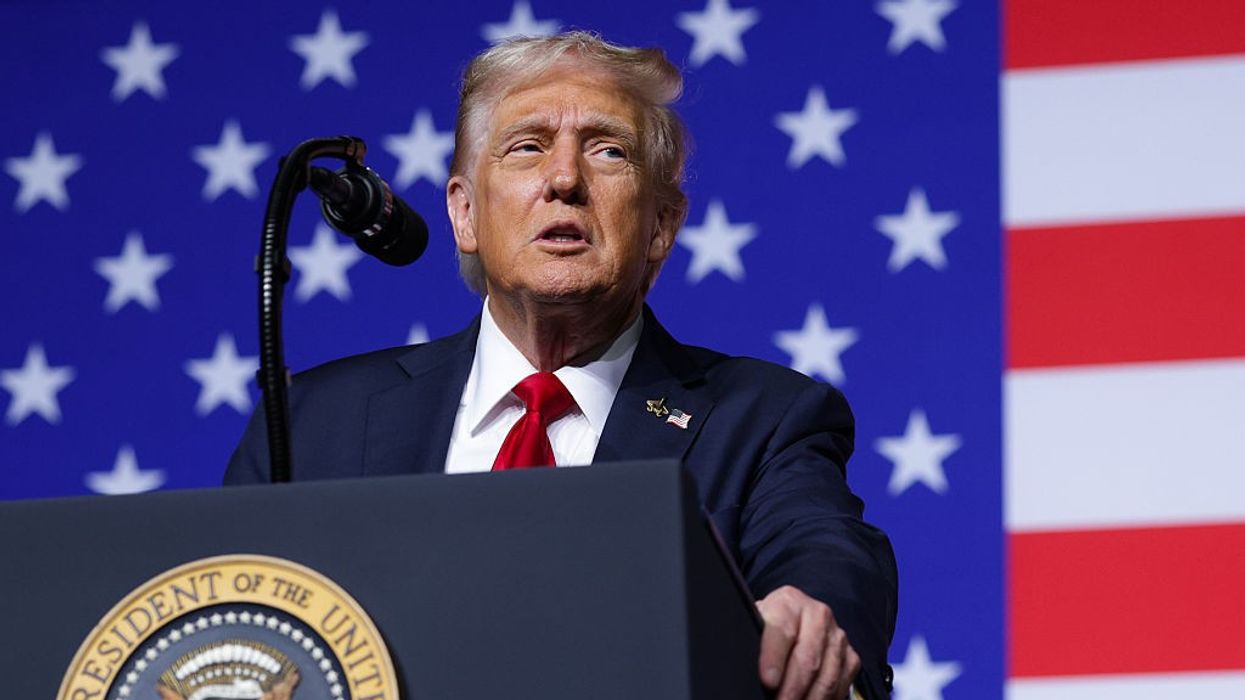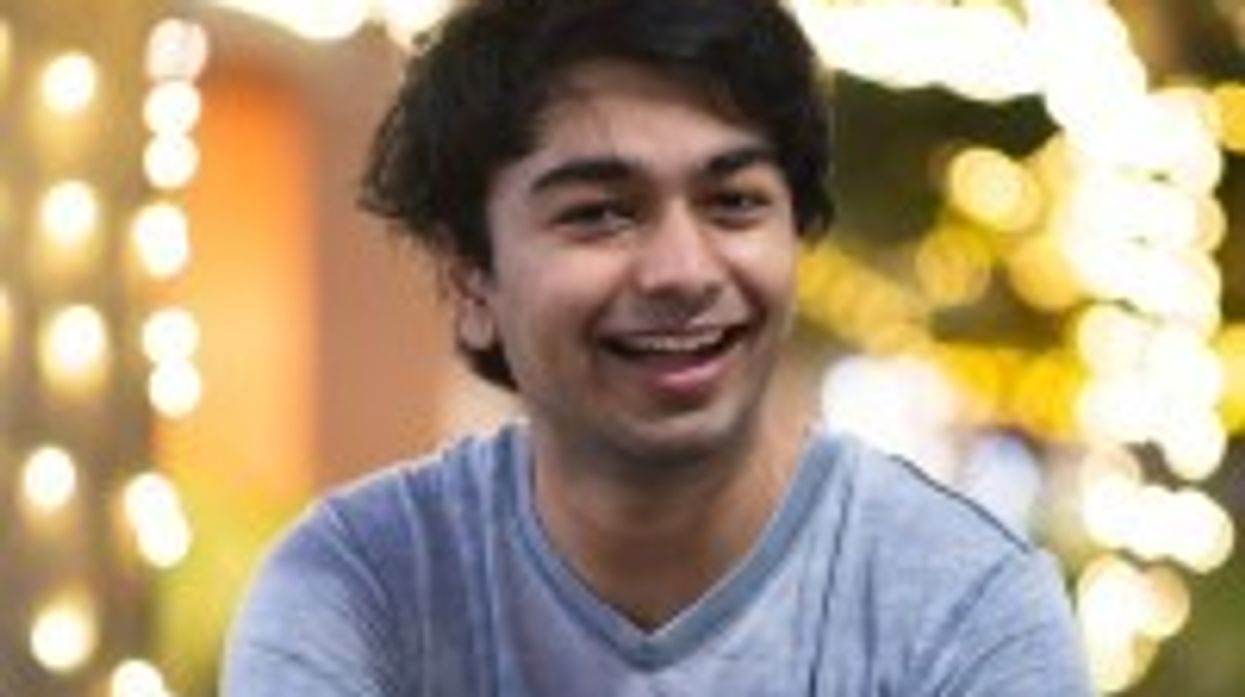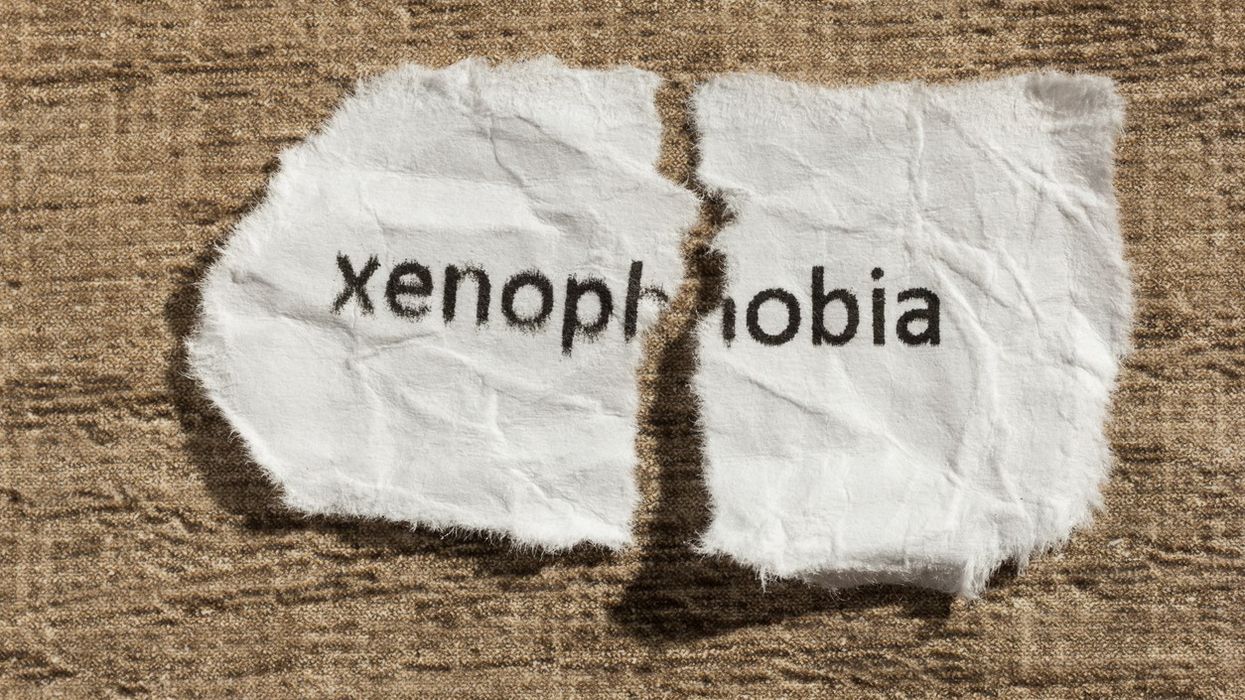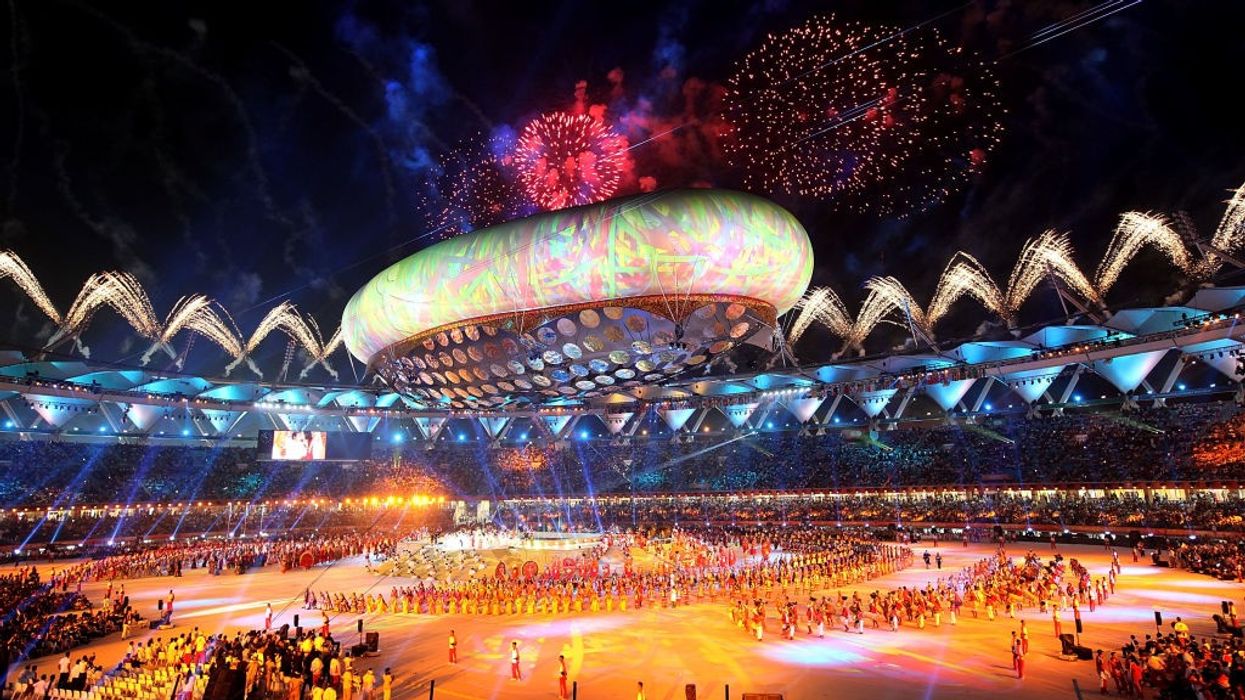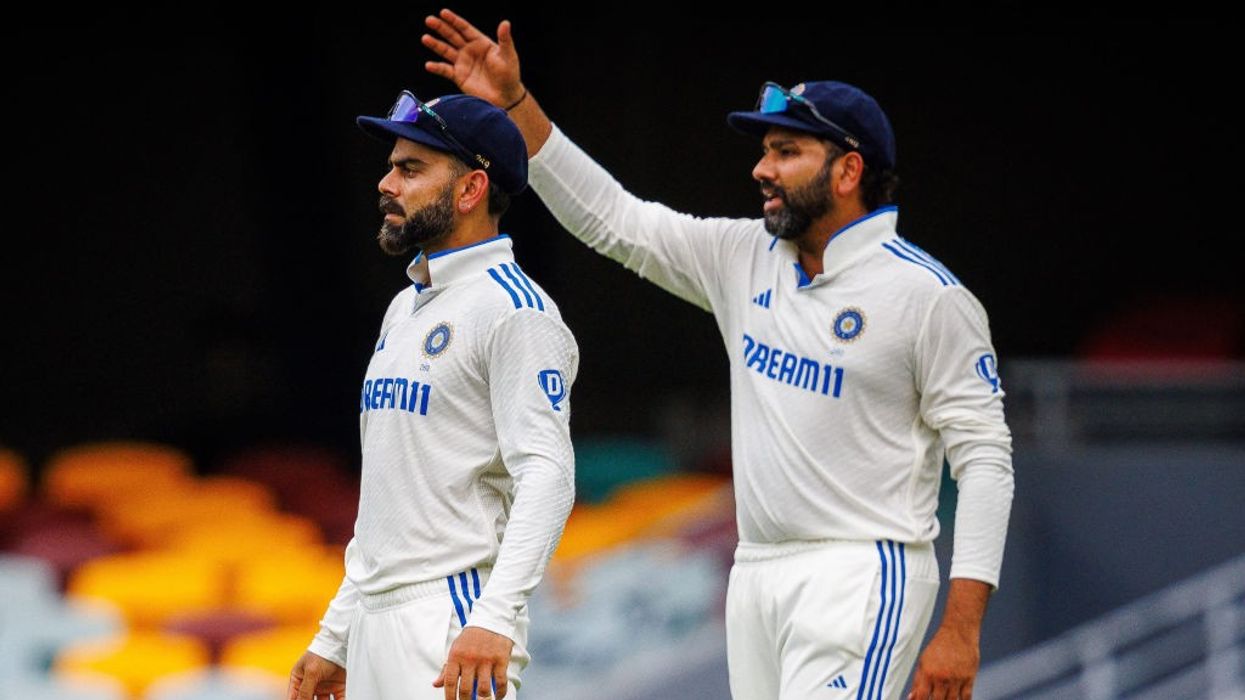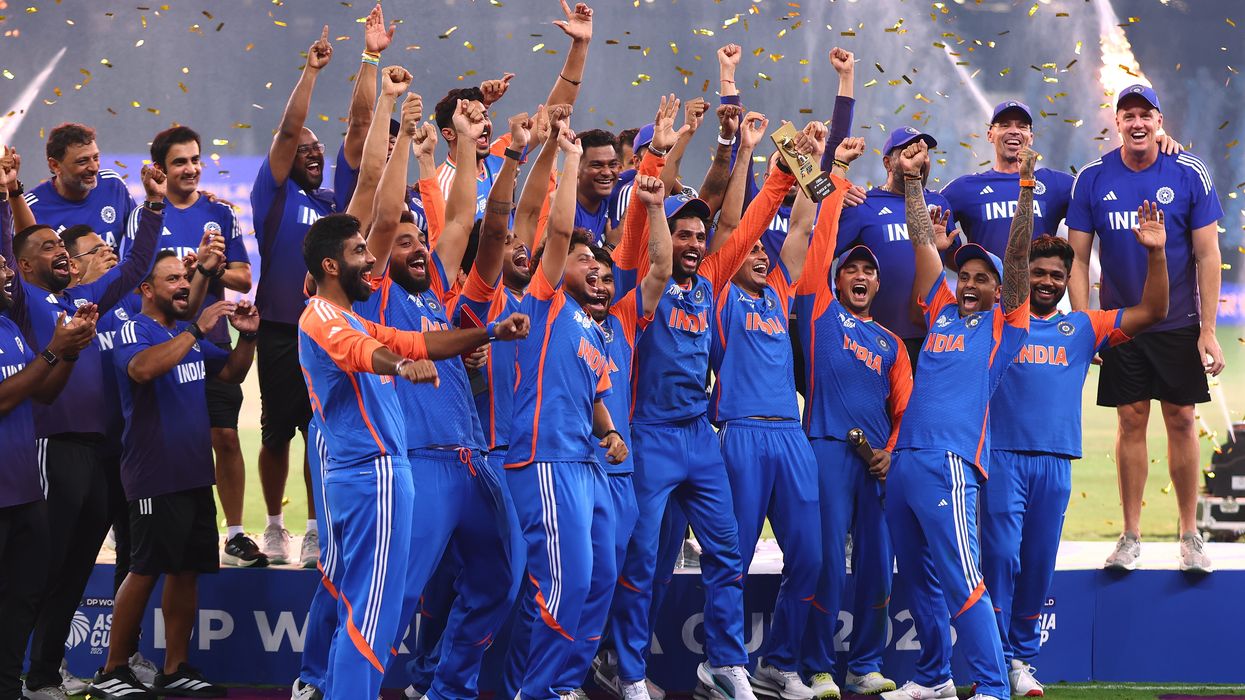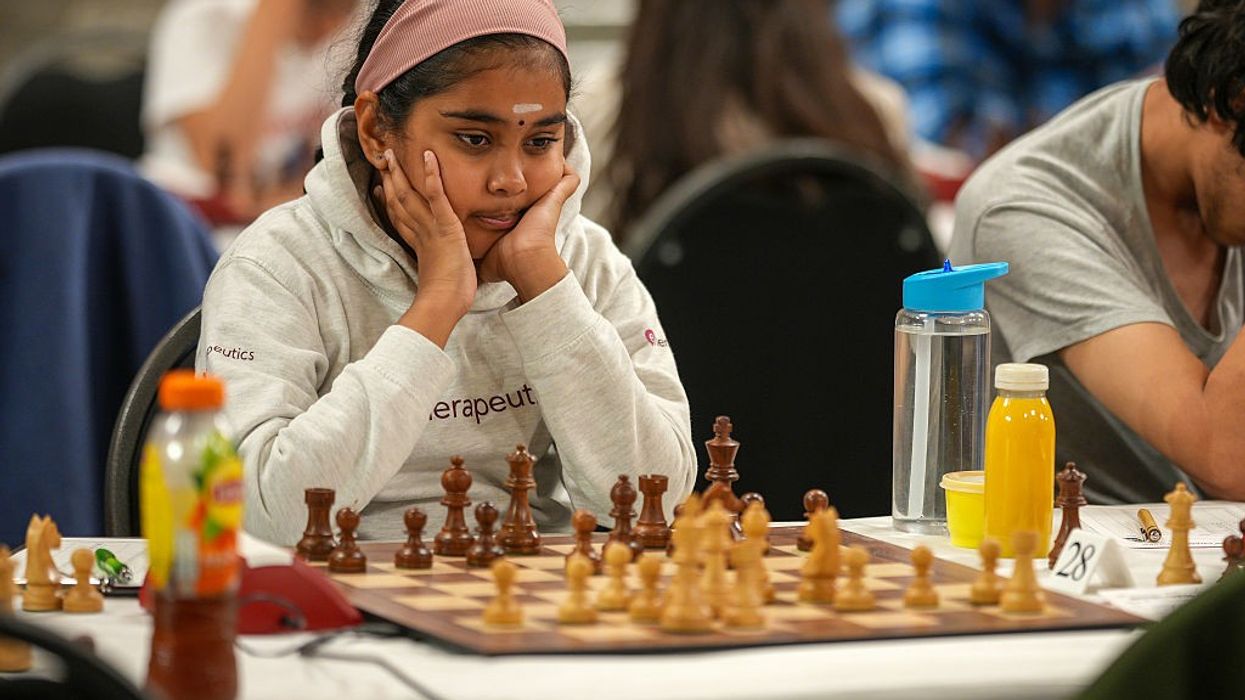HALF a century had gone by since India won their first two medals at the Olympic Games. Finally, the wait for the third individual medal came to an end at the 1952 edition which was held in Helsinki, Finland, where Khashaba Dadasaheb Jadhav won a bronze in wrestling. It was, however, the first medal that an athlete from independent India had won at the mega event.
Jadhav was born in January 1926 in a village called Goleshwar in Karud taluka of Satara district of the western Indian state of Maharashtra. He studied in Tilak High School between 1940 and 1947. Maharashtra had a rich heritage in wrestling and Jadhav’s household also had a strong wrestling culture at home.
ALSO READ: India at Olympics: Norman Pritchard won country’s first-ever medal in 1900
Jadhav was lean and short but those physical factors had never created obstacles for the man who had an iron-hard determination. It is said that when Jadhav had approached his sports teacher at the Raja Ram College in Kolhapur, Maharashtra, to get himself listed for the wrestling event at the annual sports meet, he was shooed away. But Jadhav, 23 then, did not stop and walked up to the principal of the college with his demand. He was enlisted thereafter.
Jadhav was technically sound and that made him a powerful wrestler even at five foot five inches. He would beat opponents in bout after bout and even those who were stronger and more experienced than him found it difficult to beat Jadhav.
Leander Paes tennis bronze in Atlanta 1996 ended 44-year-old drought
The man also took interest in other sporting activities, including weightlifting, running, swimming and hammer-throwing. But wrestling was his first love and took up the sport when he was just 10.
Rajarao Deodekar, Jadhav’s childhood friend, had once said in an interview that the latter had never missed any wrestling event anywhere and would take all his friends with him. He would then analyse and discuss the matches with his friends.
Jadhav started his training under his father Dadasaheb and was later mentored by pros like Baburao Balawade and Belapuri Guruji.
The man was also a passionate nationalist. He had taken part in the Quit India Movement in the 1940s and gave shelter to revolutionaries. He had circulated letters against the British rulers of India and also vowed to unfurl the national flag in the Olympics on India’s Independence Day – August 15, 1947.
Former world-champion-turned-coach Rees Gardner noticed that Jadhav was extremely nimble on his feet which made him a strong wrestler and trained him ahead of the 1948 Olympic Games in London.
Jadhav, who was referred to as ‘Pocket Dynamo’ for his excellence in wrestling, had won multiple state and national-level titles in the sport. It was after he had won an event at his college that an impressed Maharaj of Kolhapur funded his trip to the 1948 Games. Gardner had trained him after reached the UK for the event.
Failure at 1948 Olympics made Jadhav more determined
The 1948 campaign, however, did not succeed for Jadhav who though delivered some excellent performances in the flyweight section. He had beaten Australian wrestler Bert Harris within a few minutes of the bout. He also defeated Billy Jernigan of the US but lost to Iranian opponent Mansour Reisi to get eliminated.
Jadhav’s resolve only got stronger after the 1948 Games and he worked harder for the next edition. There was nobody to fund him this time and he had to take help from local villagers and his former principal who had mortgaged his house for Jadhav’s Olympic trip and lent him Rs 7,000 in those days’ valuation.
Jadhav moved up in weight at the Helsinki Games and competed in the 125-pound bantamweight category. Participants from 24 countries contested in this category. He defeated his opponents from Canada, Mexico and Germany but lost the final two matches against opponents from erstwhile Soviet Union and Japan to finish with the bronze medal on July 23, 1952 – creating history in Indian sports. Another Indian wrestler Krishnarao Mangave had also taken part in the same Olympics in another category but failed to bag the bronze by a whisker.
Jadhav returned everyone's money on returning to country
On returning to the country, Jadhav had repaid all the money he had taken from people to go to Helsinki, including his former college principal. The residents of his village dedicated a structure in a public space where five rings interlock to his monumental feat. Jadhav also named his residence ‘Olympic Niwas’ (Olympic House).
Jadhav had joined the Maharashtra Police in 1955 as a sub-inspector even while pursuing wrestling. He also had planned to go to the next Olympic Games in Melbourne, Australia, in 1956 but a serious knee injury dashed his hopes.
He continued to take part in police games and also trained cops. He rose through the ranks of the state police and retired as an assistant commissioner in the early1980s.
Jadhav died in a motorcycle accident in August 1984 and was posthumously given the Arjuna Award in 2001. The wrestling ring at the IGI arena in New Delhi was named as KD Jadhav Stadium after him to honour the man during the 2010 Commonwealth Games.
Sanjay Dudhane wrote a book on Jadhav called ‘Olympic Veer KD Jadhav’ while a biopic has also been planned and former international wrestler Sangram Singh, who is now a producer, has bought the rights to make a film on the late Olympic medallist.

